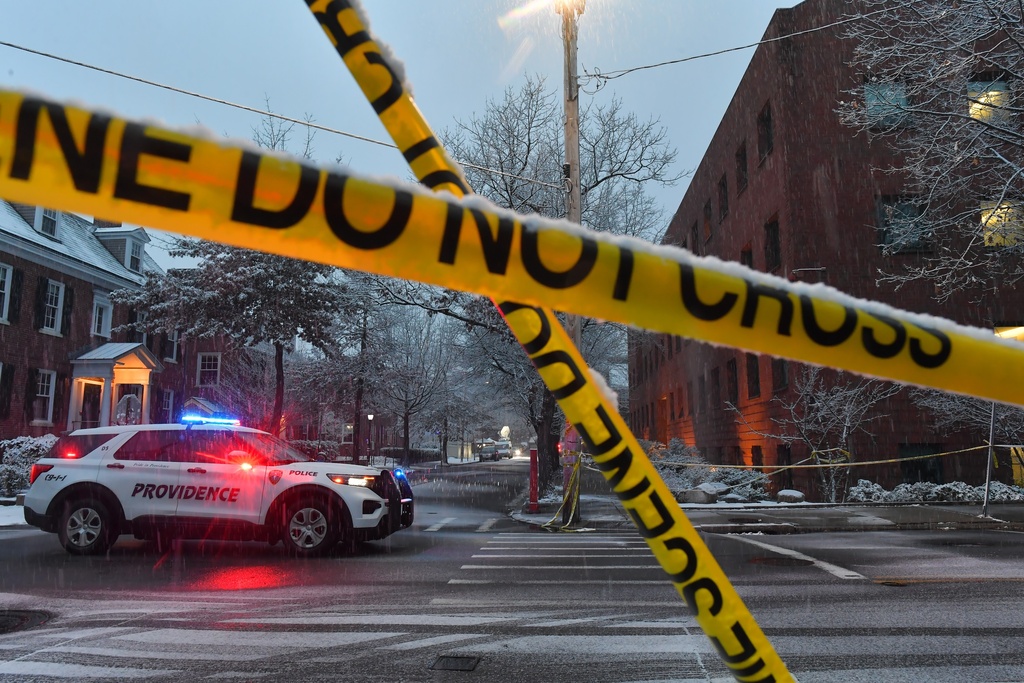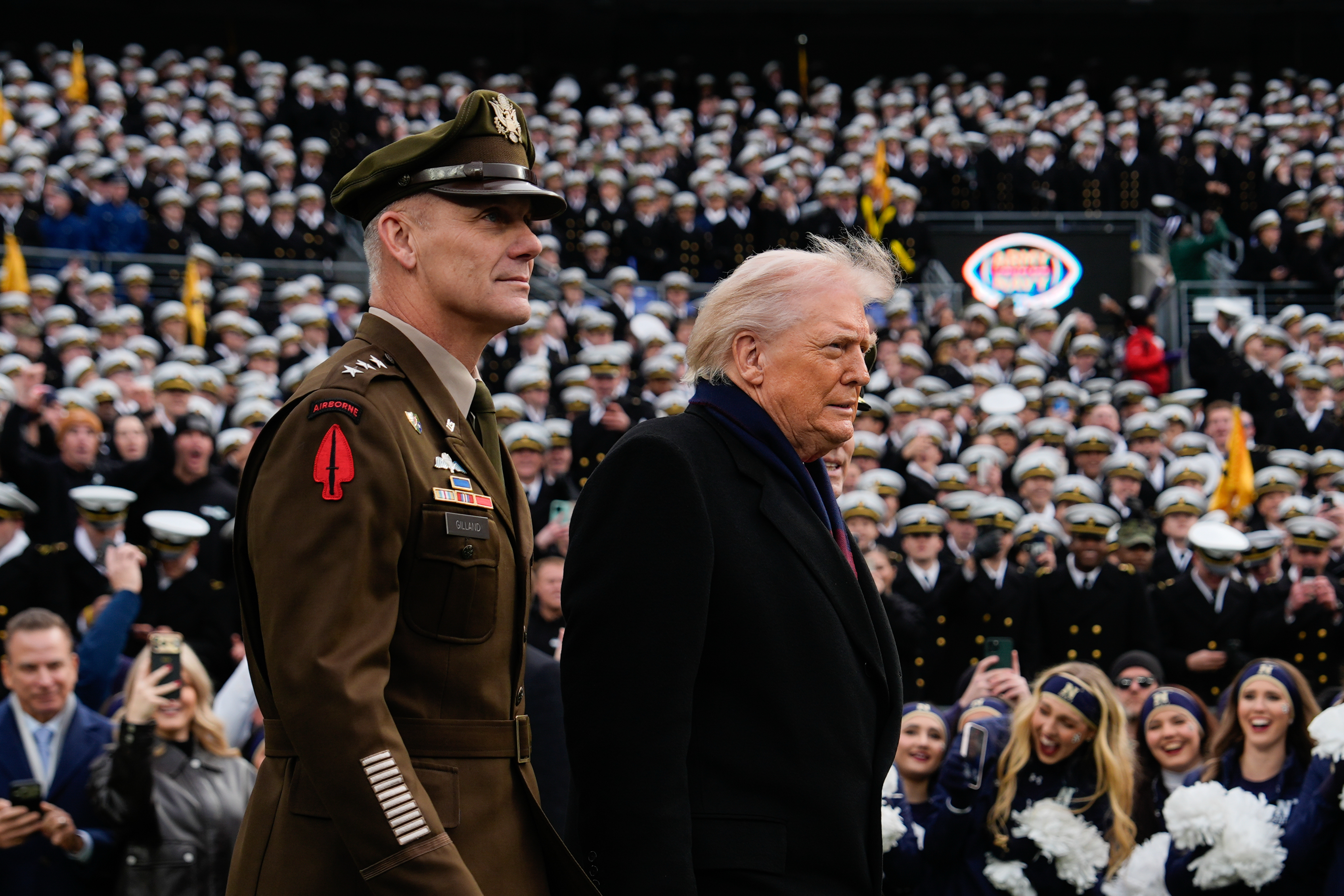As missed warning signs pile up in investigations of mass killings, New York state is rolling out a novel strategy to screen applicants for gun permits. People seeking to carry concealed handguns will be required to hand over lists of their social media accounts for a review of their "character and conduct."
It's an approach applauded by many Democrats and national gun control advocacy groups, but some experts have raised questions about how the law will be enforced and address free speech concerns.
Some of the local officials who will be tasked with reviewing the social media content also are asking whether they'll have the resources and, in some cases, whether the law is even constitutional.
Sheriffs haven't received additional money or staffing to handle a new application process, said Peter Kehoe, the executive director of the New York Sheriffs' Association. The law, he asserted, infringes on Second Amendment rights, and while applicants must list their social media accounts, he doesn't think local officials will necessarily look at them.
"I don't think we would do that," Kehoe said. "I think it would be a constitutional invasion of privacy."
The new requirement, which takes effect in September, was included in a law passed last week that sought to preserve some limits on firearms after the Supreme Court ruled that most people have a right to carry a handgun for personal protection. It was signed by Gov. Kathy Hochul, a Democrat, who noted shooters sometimes telegraph their intent to hurt others.
Increasingly, young men have gone online to drop hints of what's to come before executing a mass killing, including the gunman who killed 19 children and two teachers at an Uvalde, Texas, elementary school.
Under the law, applicants have to provide local officials with a list of current and former social media accounts from the previous three years. It doesn't specify whether applicants will be required to provide access to private accounts not visible to the general public.
It will be up to local sheriffs' staff, judges or county clerks to scroll through those profiles as they check whether applicants have made statements suggesting dangerous behavior.
The law also will require applicants to undergo hours of safety training, prove they're proficient at shooting, provide four character references and sit for in-person interviews.
The new approach, however, comes amid growing debate over the policing of social media posts and a legacy of unwarranted surveillance of Black and brown communities.
Hochul, who also has tasked state police with routing out extremism online, didn't immediately respond to a list of questions about the social media requirement, including how the state will address free speech and privacy concerns.
Additional reporting by The Associated Press.



 Mass Shootings Are Driving Up Fear Of Public Spaces, Gatherings
Mass Shootings Are Driving Up Fear Of Public Spaces, Gatherings





